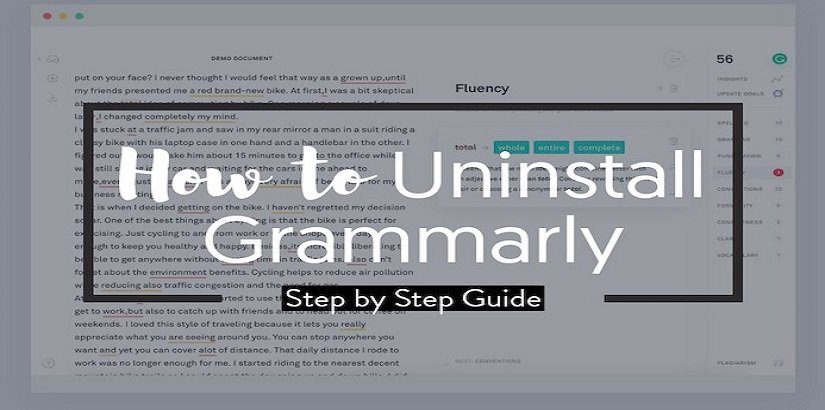


My verdict was: most people don’t need the premium version. When I wrote about the grammar-checking software Grammarly several years ago, my post generated huge reader response (some 279 comments online) and it still regularly generates emails from total strangers. This is an instance of what I’m tempted to call the algorithmic uncanny valley, that point at which a program is astute enough to recognize that humans often pair shirt with plaid but not enough to understand that they also do so with plain.Can an electronic editor like ProWritingAid help you improve your writing? Here are my thoughts after having tested the program for several years…. Third, and worst of all, it declares, “The word plain doesn’t seem to fit in this context,” and informs me that I should change it to “plaid.” While switching things up might be good for your sartorial style, it’s only going to make your prose more baffling. Second, it proposes substituting “sports shirt” for “sport shirt,” an acceptable, if uncalled for, alternative.

First, seemingly thrown by syntactical complexity, it suggests that I should replace “there in a” with “there is a,” a change that would be ungrammatical, but that still leaves me questioning my own stylistic choices. Take this sentence from an article I recently published in Slate: “No matter what he’s wearing, he almost always opts for long sleeves-here in an Apple Store uniform (just one of the team!), there in a plain sport shirt.” Grammarly identifies three possible problems. Like the grammar checker in Microsoft Word, Grammarly offers “suggested enhancements” including imperative and paramount that would actually render the construction nonsensical in the interest of unnecessary overcorrection.Įven Grammarly’s most basic suggestions can still lead users astray. For example, in the sentence, “Let’s suppose you’re writing a really important email to a colleague,” the program proposes a variety of alternatives to the phrase “really important.” While blanket injunctions are almost always absurd, the impulse here is understandable (weak modifiers such as really sometimes feel out of place in formal prose), but Grammarly goes even farther than the strictest writing instructor ever would. I first began running Grammarly through its paces thanks to a tweet storm in which Slate’s Yascha Mounk noted that many of the “fixes” in Grammarly’s advertisements are either unhelpful or actively wrong. Ultimately, however, nothing the company does could allay its true underlying problem: Its services just aren’t that good.

As someone who had been testing out Grammarly’s services for a few months, I was both disquieted by Ormandy’s discovery and gratified by the company’s willingness to deploy a quick fix.


 0 kommentar(er)
0 kommentar(er)
